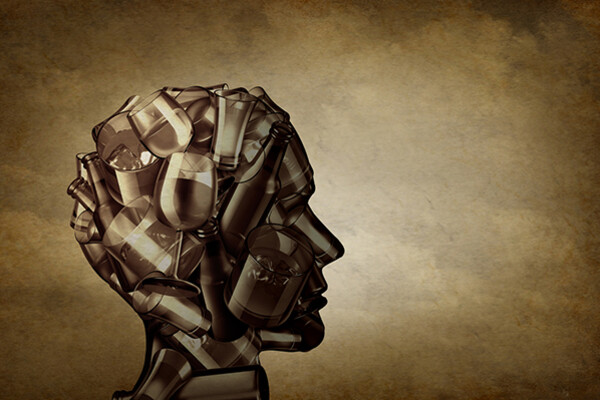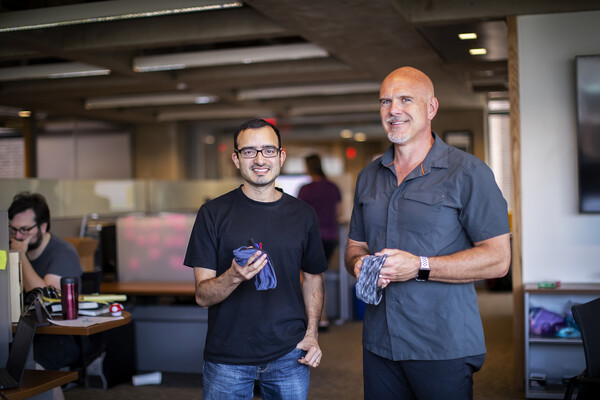5/2
Behavioral Health
Tweets from Twitter users could predict loneliness
By identifying similar themes across tweets, researchers are uncovering markers that could be used to predict loneliness, something that could lead to depression, heart disease, and dementia.
What factors predict success?
New research from Angela Duckworth and colleagues finds that characteristics beyond intelligence influence long-term achievement.
The culture of coworking spaces
As Penn sociologist David Grazian discovered through hundreds of hours of fieldwork, despite today’s digital work-anywhere economy, having a physical place to conduct business still matters.
Physicians, social responsibility, and sexual assault survivors
Penn Medicine’s Florencia Greer Polite wants doctors to take a more proactive approach to conversations with their patients about consent and sexual abuse.
Consuming alcohol leads to epigenetic changes in brain memory centers
What drives the biology behind alcohol cravings has remained largely unknown. A new Penn study shows how a byproduct of the alcohol breakdown produced mostly in the liver travels to the brain’s learning system and impacts behavior around environmental cues to drink.
Competition works better than support or collaboration to increase daily step counts
A clinical trial using a behaviorally designed gamification program found that adding competition to motivate exercise is a catalyst for real results.
Hunter-gatherers agree on what is moral, but not who is moral
In determining whether there is a universal concept of moral character, research could provide insight into ways to improve our interactions with one another.
No evidence that testosterone reduces cognitive empathy
In the largest study of its kind, researchers found that testosterone administration did not affect cognitive empathy, a measure of the ability to recognize another’s feelings and motivations. The finding calls into question the theory that the symptoms of autism are caused by a hyper-masculinized brain.
Understanding why teachers discriminate against minority students
A new study authored by research scientist Emile Bruneau found that biases people may harbor can sometimes inhibit their abilities to do their jobs, based on a study of teachers’ implicit biases towards their students.
A wearable new technology moves brain monitoring from the lab to the real world
The portable EEG created by PIK Professor Michael Platt and postdoc Arjun Ramakrishnan has potential applications from health care to sports performance.
In the News
Americans are sleeping more than ever. See how you compare
Mathias Basner of the Perelman School of Medicine says that work and traveling are the major sleep killers, with the majority of traveling being commuting to and from work.
FULL STORY →
How does fat leave the body? Experts explain the weight loss process
Colleen Tewksbury of the School of Nursing and Perelman School of Medicine says that waist circumference is a more accessible and potentially more helpful measure for fat loss than stepping on a scale.
FULL STORY →
When it’s time for an aging driver to hit the brakes
Lauren Massimo of the School of Nursing says that losing the ability to drive is a major and dehumanizing loss for older adults.
FULL STORY →
Many parents give their children melatonin at night. Here’s why you may not want to
Ilene Rosen of the Perelman School of Medicine supports practicing proven-bedtime-routine behaviors and avoiding bright lights and electronics in the bedroom to encourage the body’s natural production of melatonin.
FULL STORY →
Why are older Americans drinking so much?
David Oslin of the Perelman School of Medicine says that alcohol use can have much more disastrous consequences for older adults, whose bodies cannot process it as quickly.
FULL STORY →
Best CPAP alternatives
Richard Schwab of the Perelman School of Medicine says that obstructive sleep apnea causes breathing to pause during sleep when something like the tongue or relaxed throat muscles blocks the airway.
FULL STORY →











